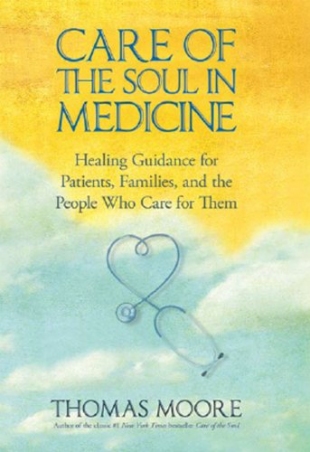"A healing milieu is a quiet one. While it's true that the sound of life and vitality can cheer up a patient who is sad about his illness, excessive noise can make a hospital or medical center a place of torture rather than healing. Studies tell what we know intuitively, that a quiet environment lowers blood pressure and promotes healing.
"But noise and quiet often don't enter the awareness of a busy health-care worker. The sounds of machines, chatter, slamming doors and cabinets, and public announcements and pages are enough to disturb the rest of patients in serious need of calm. They create an atmosphere of excessive activity and frenzy. In the course of my research, many times I met with nurses on their units in messy, busy rooms on floors littered with machinery, computers, and storage cabinets. These created both aural and visual noise.
"Not only patients but workers too benefit from a lowering of decibels. There is enough anxiety about performance on a hospital floor or in a doctor's office. There is no need to intensify that anxiety with noise.
"In an aptly titled essay, 'The Inhospitable Hospital,' nurse Laura Stokowski writes about the health impact of quiet and highlights neonatal care in a hospital, an area where loud sounds are common and yet particularly dangerous for the patients. Stokowski has a few suggestions for decreasing the noise level that apply to all medical environments:
• Lower telephone volume
• Change to ring binders that close quietly
• Dampen cabinet doors and drawers
• Educate housekeeping staff about noise
• Use 'Quiet, Please' posters
"These suggestions are useful. They are practical and detailed. But what we need more than anything else is an overall appreciation for quiet and the personal discovery of how beneficial quiet can be. Learning how to be quiet and understand its value to health could be part of a health-care worker's education and training — a course in silence."
